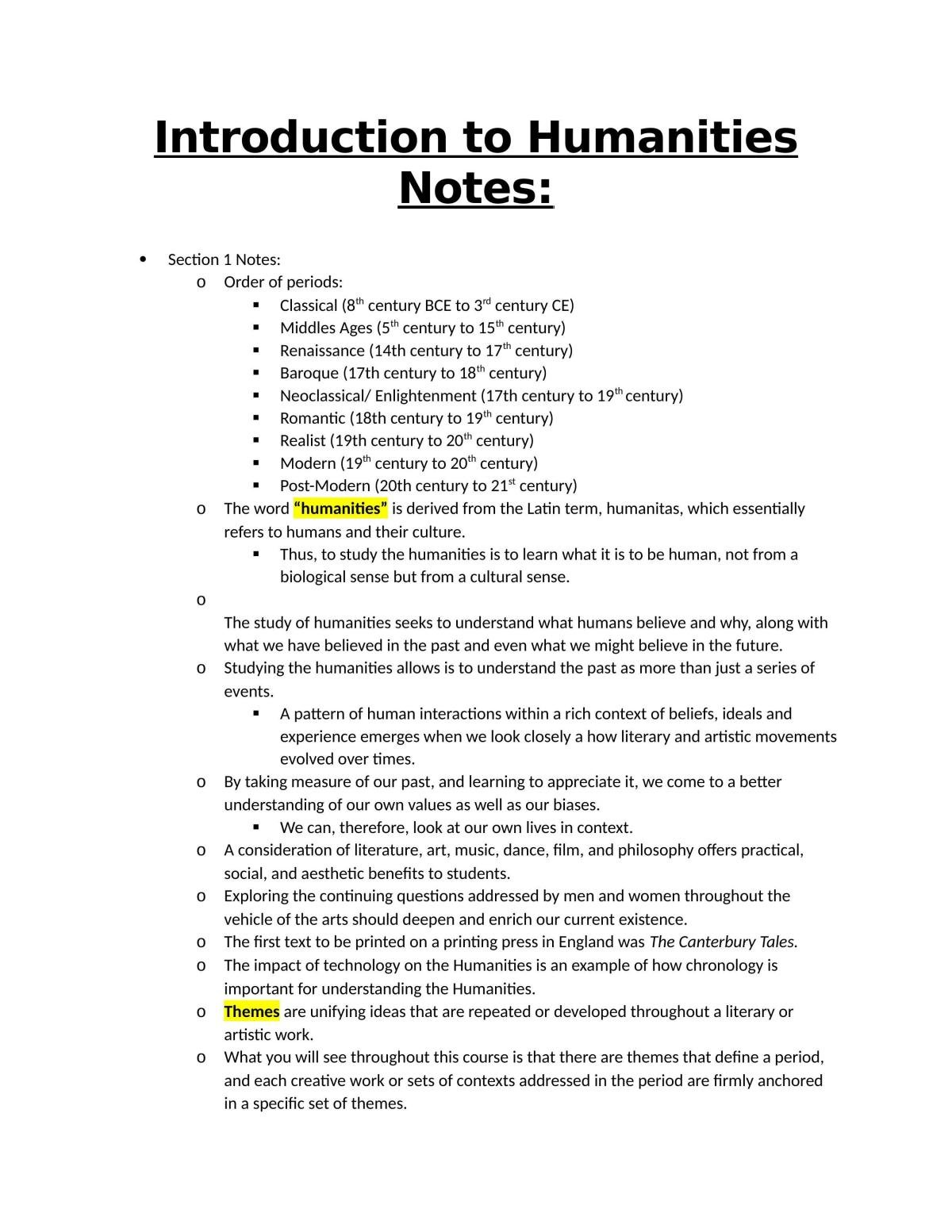AI and social justice are increasingly intertwining in contemporary discussions about technology’s role in our world. As Ruha Benjamin highlights, the future of AI doesn’t have to be a dystopian tale driven by the whims of billionaire tech elites, but can instead be an opportunity for genuine social justice movements to thrive. The ethical implications of AI technologies pose significant challenges, as they often perpetuate existing inequalities rather than solve them, complicating the landscape of humanitarian technology. Benjamin argues that understanding AI ethics is crucial to creating systems that reflect our values and support marginalized communities, rather than harming them. In revitalizing our approach to technology, we can open doors to a future that prioritizes equity and compassion over profit.
The intersection of artificial intelligence and equitable social frameworks invites a rich dialogue on how emerging technologies can serve humanity. Ruha Benjamin’s insights remind us that the advancement of computational tools should not be at the expense of ethical considerations that protect the vulnerable. In exploring notions of justice and technology, we are challenged to rethink the paradigms that govern AI development, ensuring that it aligns with the aspirations of diverse social justice movements. By engaging with the moral implications surrounding AI, we can strive for a future where technology functions as a force for human good, promoting inclusivity and uplifting those who have been historically marginalized. Reconceiving how we integrate these systems necessitates a commitment to not only mitigate harm but also envision transformative solutions.
Imagining a Future Beyond Dystopia
Ruha Benjamin emphasizes that the future does not have to be shaped by the looming threats of dystopia. In her Tanner Lectures, she invites audiences to break free from conventional fears and embrace radical reimaginings of our societal structures. This perspective challenges us to rethink how we view progress and technology, suggesting that we must not solely rely on the elite tech industry for solutions. Instead, we are encouraged to envision alternative futures that prioritize humanity over profit, focusing on innovative solutions to social issues that reflect the collective good.
In discussing the implications of AI, Benjamin highlights the need for inclusive dialogues that incorporate diverse knowledge systems. She argues that the potential misuse of technology has ramifications that disproportionately affect marginalized communities. By promoting creative critical thought, we can explore innovative alternatives that challenge the status quo and encourage a more equitable distribution of resources and opportunities.
Frequently Asked Questions
How does AI relate to social justice movements?
AI plays a critical role in shaping social justice movements by either reinforcing or challenging systemic inequalities. As Ruha Benjamin points out, many AI technologies, despite being marketed as efficient, can perpetuate oppression. For instance, facial recognition technology has been linked to false arrests particularly affecting marginalized communities. Thus, the relationship between AI and social justice is pivotal, and advocates are calling for an ethics-centered approach to AI development that aligns with the values of social justice.
What ethical considerations are involved in AI and social justice?
AI ethics involves examining the moral implications of AI technologies on society, particularly regarding social justice. Ruha Benjamin emphasizes that viewing AI solely through a technical lens—without understanding its social context—can lead to decisions that harm disenfranchised individuals. Ethical AI must consider the historical injustices faced by these groups and strive to implement systems that promote equity instead of exacerbating existing disparities.
In what ways can AI be a tool for humanitarian technology?
AI can serve as a humanitarian technology by improving access to resources and information for marginalized communities. For example, AI-driven analytics can help allocate healthcare and educational resources more effectively, potentially changing the landscape of social justice. However, as highlighted by Ruha Benjamin, it’s crucial that AI systems are designed with a keen awareness of social dynamics to avoid replicating discriminatory practices.
How can we transform AI to serve social justice goals?
Transforming AI to serve social justice goals requires a collaborative approach that includes voices from diverse social backgrounds. Ruha Benjamin advocates for an interdisciplinary discourse that combines technical expertise with insights from the arts and humanities. This collective creativity can lead to innovative solutions that reimagine AI systems as tools for empowerment rather than oppression.
What role do universities play in addressing AI and social justice?
Universities are essential in fostering discussions around AI and social justice. Ruha Benjamin encourages educational institutions to prioritize inquiry into arts and humanities alongside technical training. By integrating diverse perspectives, universities can equip future leaders with the ability to critically assess and redesign AI technologies in ways that promote social justice and address societal inequities.
Why is it important to critically assess AI technologies from a social justice perspective?
Critically assessing AI technologies from a social justice perspective is vital because these technologies can have profound impacts on marginalized communities. Ruha Benjamin argues that failing to consider the social implications leads to systems that reflect bias and reinforce existing inequalities. A critical approach ensures that AI is developed responsibly, supporting fairness and justice in our increasingly automated world.
How does Ruha Benjamin envision the future of AI in relation to social justice?
Ruha Benjamin envisions a future where AI is reimagined beyond current paradigms of efficiency and profit. She calls for a vision that prioritizes creativity and social accountability, challenging us to dismantle mental barriers and envision solutions that promote a just society. This future includes not only technological advancements but also a collective commitment to equity, community well-being, and the eradication of oppressive structures.
| Key Point | Details |
|---|---|
| Fear of Dystopia | Ruha Benjamin encourages citizens to envision a future without fear, unlike tech elites. |
| Critique of Tech Elites | She argues that billionaires’ motivations often serve their interests instead of the collective good. |
| AI and Oppression | AI technologies labeled as progressive can perpetuate societal ills and oppression, particularly affecting marginalized groups. |
| Need for Diverse Knowledge | Benjamin stresses the importance of including social sciences in discussions about technology. |
| Call for Imagination | She advocates for renewed creativity and inquiry, particularly through arts and humanities. |
Summary
AI and social justice are critical areas of discussion in today’s rapidly evolving technological landscape. Ruha Benjamin’s insights highlight the importance of reimagining our approach to technology and its implications for society. By urging us to break free from conventional thinking and to critically assess the motivations behind technological advancements, she encourages a more inclusive dialogue that embraces creativity and social awareness. As we forge ahead into the future, understanding the intersection of AI and social justice will be pivotal in ensuring that innovations benefit all members of society, particularly those most affected by systemic inequalities.

